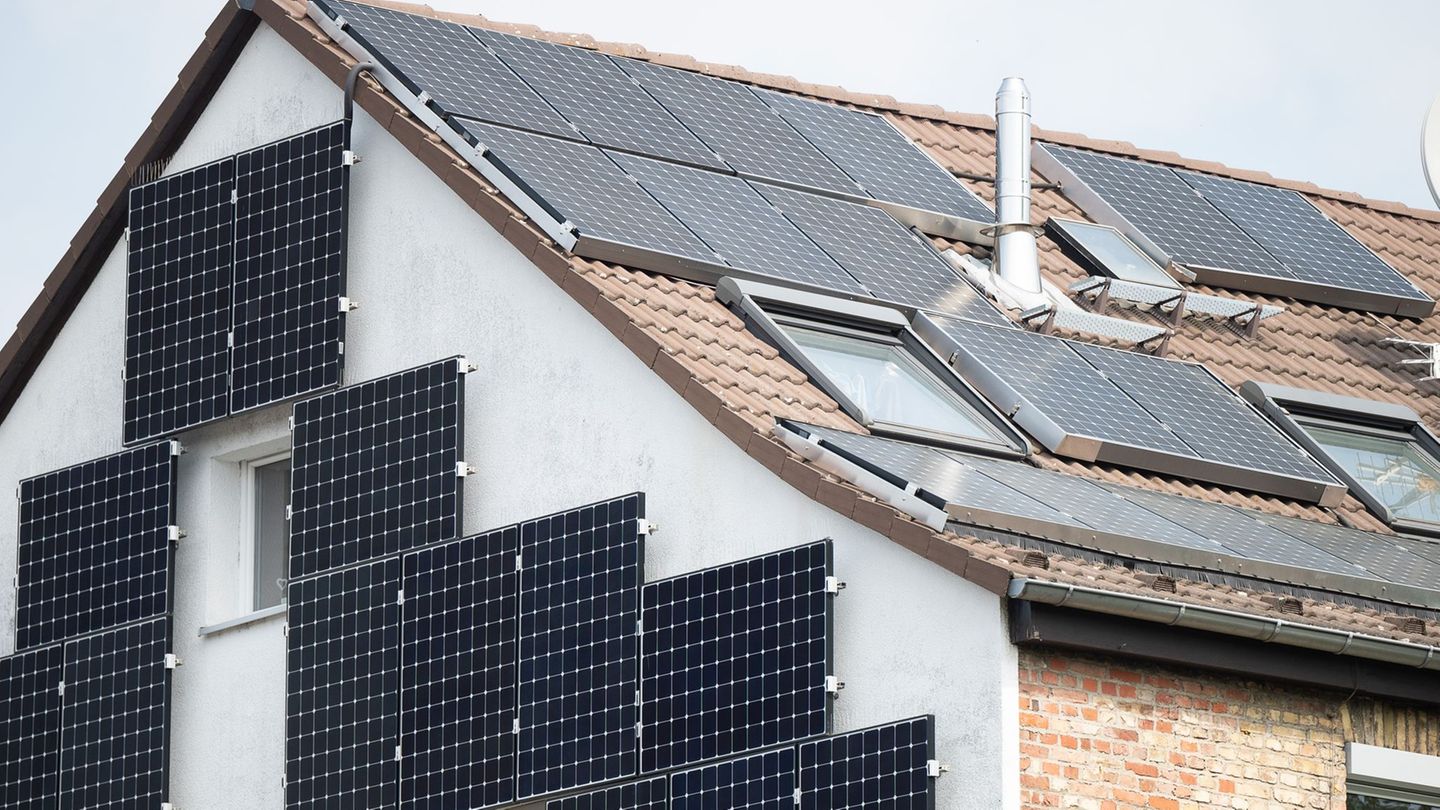
German households are showing declining willingness to actively participate in the country's energy transition despite overwhelming support for its goals, according to the latest KfW Energiewendebarometer survey. While 83 percent of private households consider the shift toward renewable energy important, only 59 percent express high readiness to drive the change themselves—the lowest level since the survey began in 2018. This marks a continued decline from 61 percent last year and 68 percent five years ago, highlighting a growing disconnect between public sentiment and individual action.
The retreat from active participation appears closely linked to financial pressures, particularly affecting lower-income households. Rising costs associated with the transition, including the increased CO2 price implemented since 2021, have made fossil fuel usage more expensive and created barriers for those dependent on traditional energy sources. The KfW survey of 5,119 households identifies these financial burdens as a significant obstacle preventing broader engagement with climate protection measures, even among those who conceptually support the energy transition.
Despite these challenges, the survey reveals notable adoption of sustainable technologies across German households. Approximately one-third of households currently utilize at least one green technology, with growing acceptance of photovoltaics, solar thermal systems, and electromobility. The use of heat pumps and wood pellets is also increasing, indicating that technological transition continues even as financial constraints dampen overall participation rates.
KfW Chief Economist Dirk Schumacher emphasizes the importance of better integrating lower-income households into the energy transition to maintain long-term public support. The findings suggest that while the conceptual foundation for Germany's Energiewende remains strong, practical implementation faces headwinds from economic realities that could shape both policy debates and household decisions in the coming years.
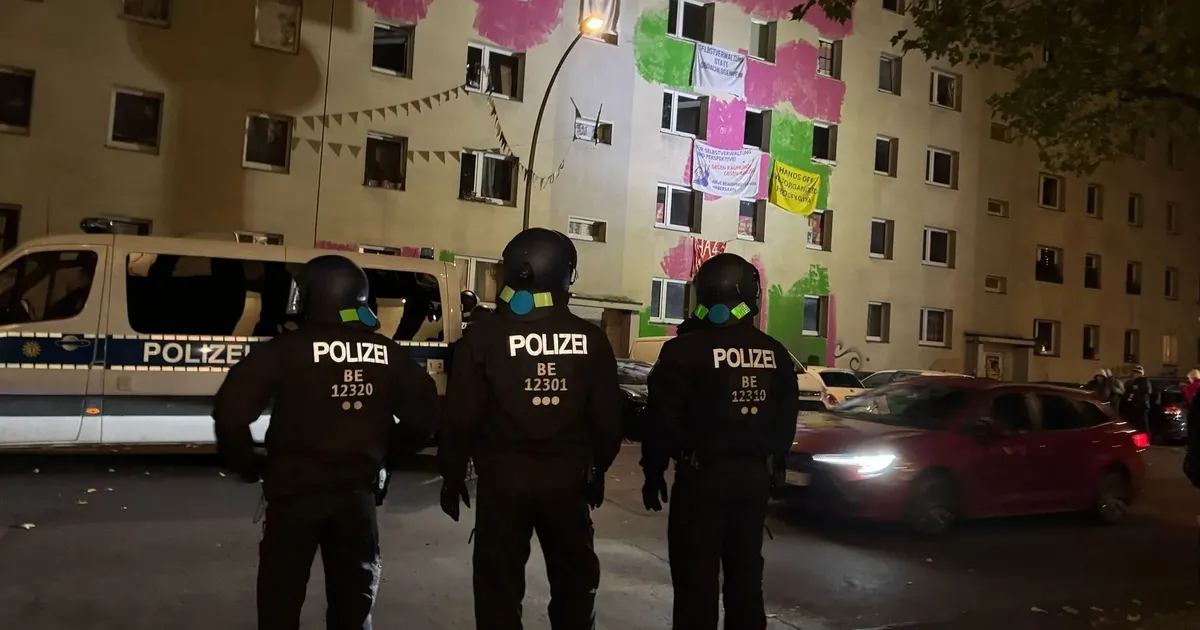
Berlin police deployed approximately 130 officers in a major operation to secure the eviction of a partially occupied residential building in the city's Mitte district near the Federal Intelligence Service and Natural History Museum. The operation, which has now concluded, saw police officers...

Thyssenkrupp Marine Systems (TKMS), Germany's largest naval shipbuilder, made a strong debut on the Frankfurt Stock Exchange Monday, with shares trading significantly above initial expectations. The stock opened at €60 per share, far surpassing analyst forecasts of approximately €36, and...
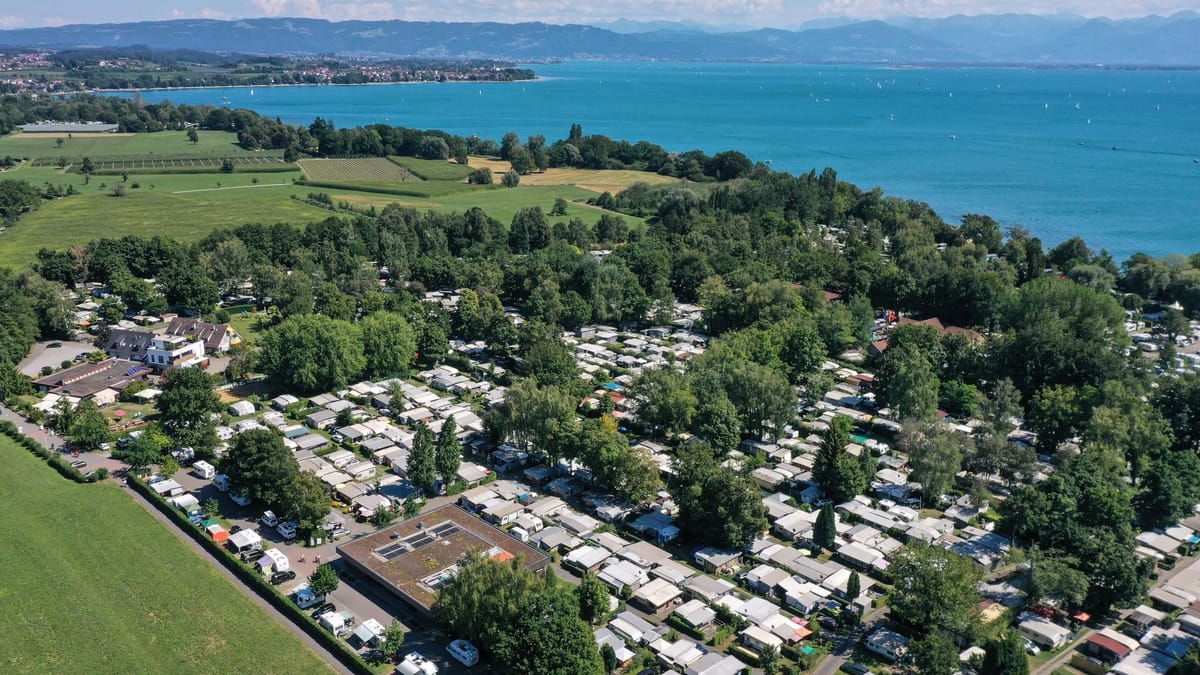
Baden-Württemberg's camping industry is poised for a record-breaking year, with camping enthusiasts flocking to popular regions like the Black Forest and Lake Constance. Kurt Bonath, chairman of the State Association of the Camping Industry in Baden-Württemberg, reported that many campground...
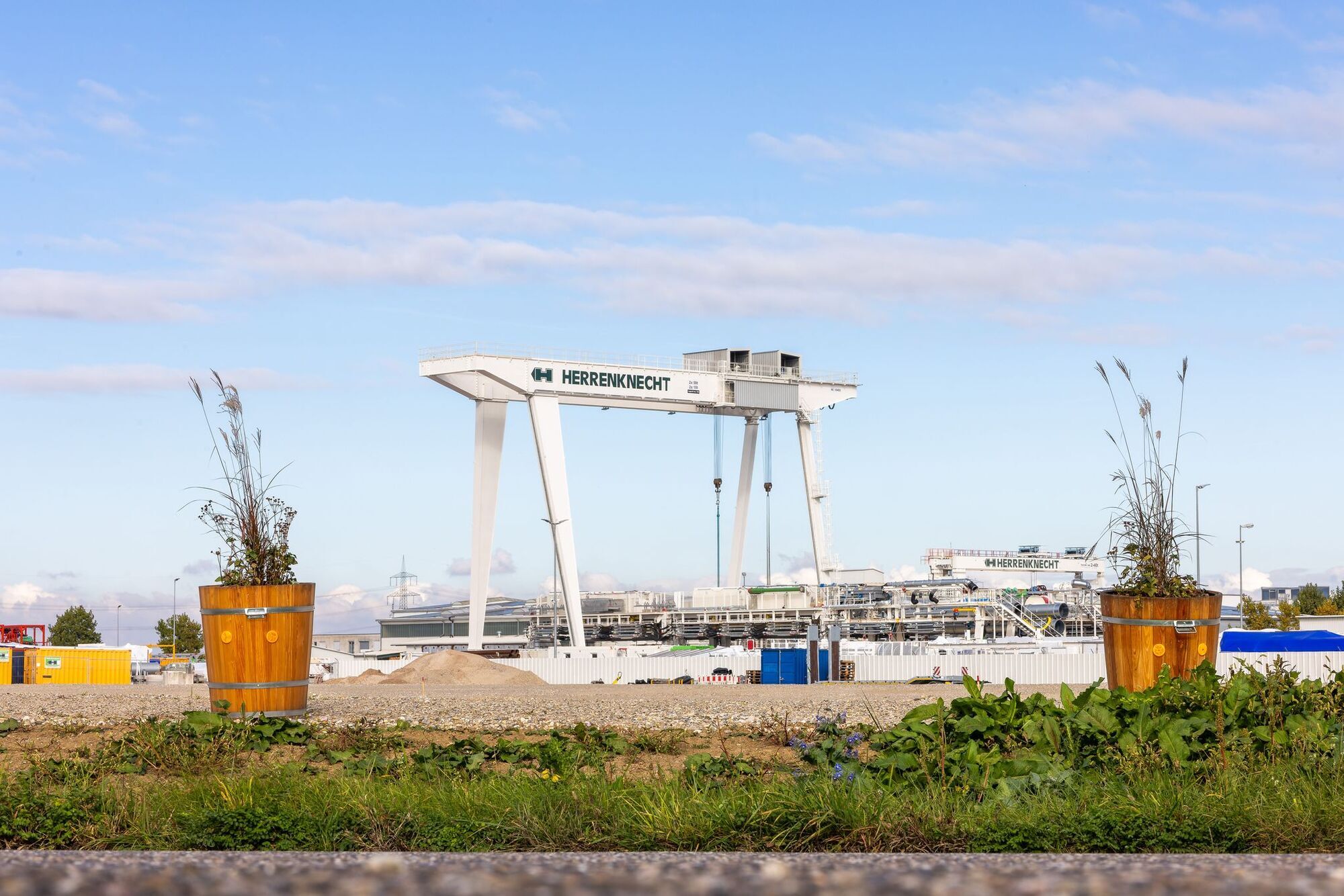
The small German municipality of Schwanau in Baden-Württemberg has become the unlikely stage for an escalating conflict between local government and one of the region's largest employers. The dispute centers around approximately 20 flower pots installed by the municipality two months ago...
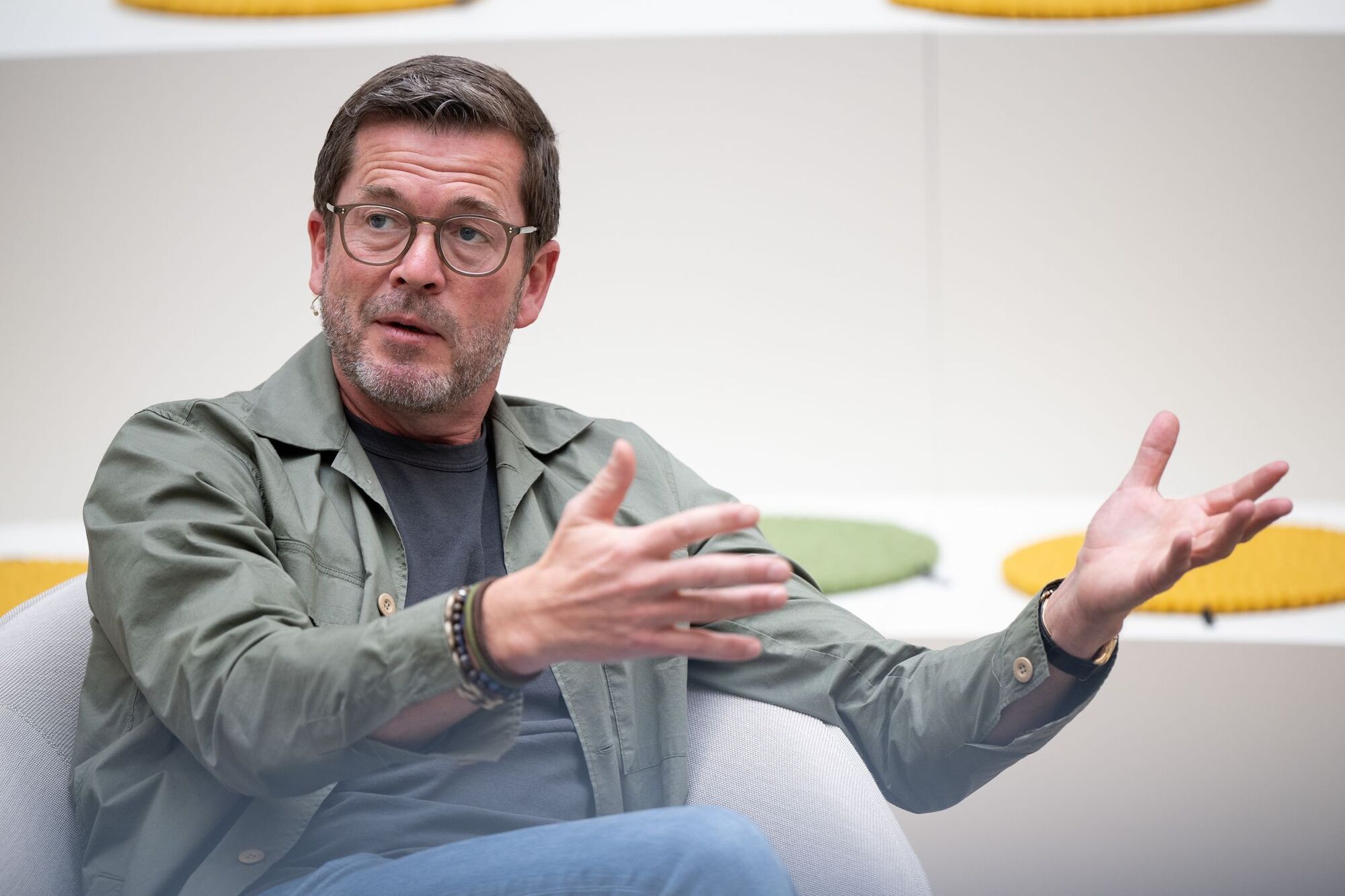
Former German Defense Minister Karl-Theodor zu Guttenberg has firmly rejected media interpretations suggesting he supports softening the Christian Democratic Union's so-called "firewall" against the far-right Alternative for Germany (AfD). The CSU politician told Deutsche Presse-Agentur in...